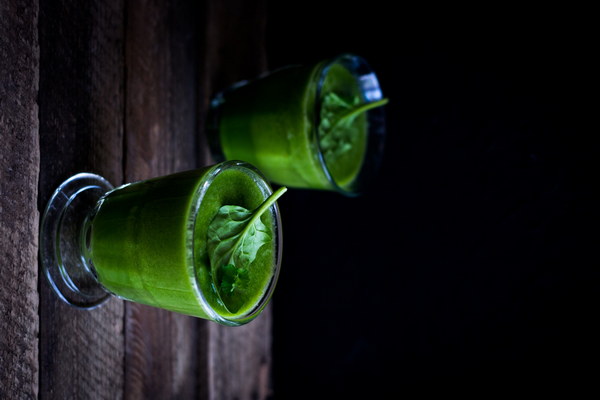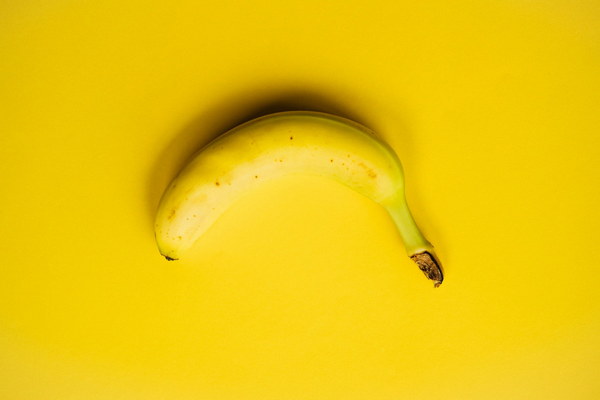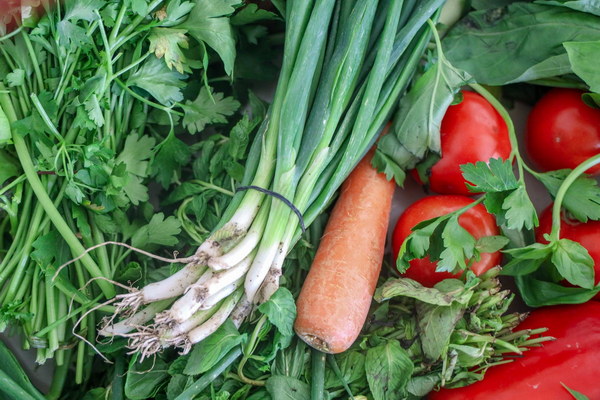Nurturing Your Health How to Care for Yourself After a Bile Vomit Episode
Bile vomit, a condition characterized by the vomiting of bile or yellowish fluid, can be quite distressing and uncomfortable. It is often a sign of an underlying health issue, such as gallbladder problems or food poisoning. If you have experienced bile vomiting, it is essential to take proper care of yourself to aid recovery and prevent future episodes. Here are some tips on how to nurture your body after a bile vomit episode.
1. Stay Hydrated
Hydration is crucial after experiencing bile vomiting. The body loses fluids during vomiting, which can lead to dehydration. Drink plenty of water or clear broths to replenish the fluids and electrolytes lost. It is advisable to start with small sips and gradually increase the amount as your body allows.
2. Eat Small and Light Meals
After a bile vomit episode, your stomach may be sensitive. Stick to small, bland, and easily digestible meals. Foods such as bananas, rice, applesauce, toast, and lean proteins can be gentle on the stomach. Avoid high-fat, fried, and spicy foods, as they can irritate the stomach and trigger further vomiting.
3. Rest and Relax
Rest is vital for the body to recover. Allow yourself time to rest and relax. Avoid physical exertion and engage in activities that help you unwind, such as reading, listening to music, or taking a warm bath.
4. Monitor Your Symptoms
Keep a close eye on your symptoms and consult a healthcare professional if they persist or worsen. Signs that you should seek medical attention include severe pain, fever, jaundice, or persistent vomiting.
5. Implement a Gentle Exercise Routine
Once you start feeling better, gradually incorporate gentle exercises into your daily routine. Activities like walking, yoga, or light stretching can help improve digestion and boost your overall well-being. However, avoid strenuous workouts that may strain your body.
6. Consider Probiotics
Probiotics are beneficial bacteria that can help restore the balance of gut flora. They may aid in digestion and prevent future episodes of bile vomiting. Consult with a healthcare professional before taking probiotics, especially if you have underlying health conditions.
7. Adjust Your Diet
A healthy diet can help prevent bile vomiting episodes. Focus on a balanced diet that includes a variety of fruits, vegetables, whole grains, lean proteins, and healthy fats. Avoid excessive consumption of fatty and fried foods, as they can trigger bile vomiting.

8. Manage Stress
Stress can exacerbate bile vomiting episodes. Find ways to manage stress, such as practicing mindfulness, meditation, or deep breathing exercises. Engage in hobbies that bring you joy and help you relax.
9. Avoid Smoking and Limit Alcohol Consumption
Smoking and excessive alcohol consumption can irritate the stomach and gallbladder, increasing the risk of bile vomiting. If you smoke, consider quitting, and limit your alcohol intake to moderate levels.
10. Seek Professional Advice
If you frequently experience bile vomiting, consult a healthcare professional to determine the underlying cause. They can recommend appropriate treatment and lifestyle adjustments to help manage your symptoms.
In conclusion, taking proper care of yourself after a bile vomit episode is essential for a full recovery. By staying hydrated, eating a healthy diet, managing stress, and seeking professional advice when needed, you can help prevent future episodes and maintain your overall well-being.









